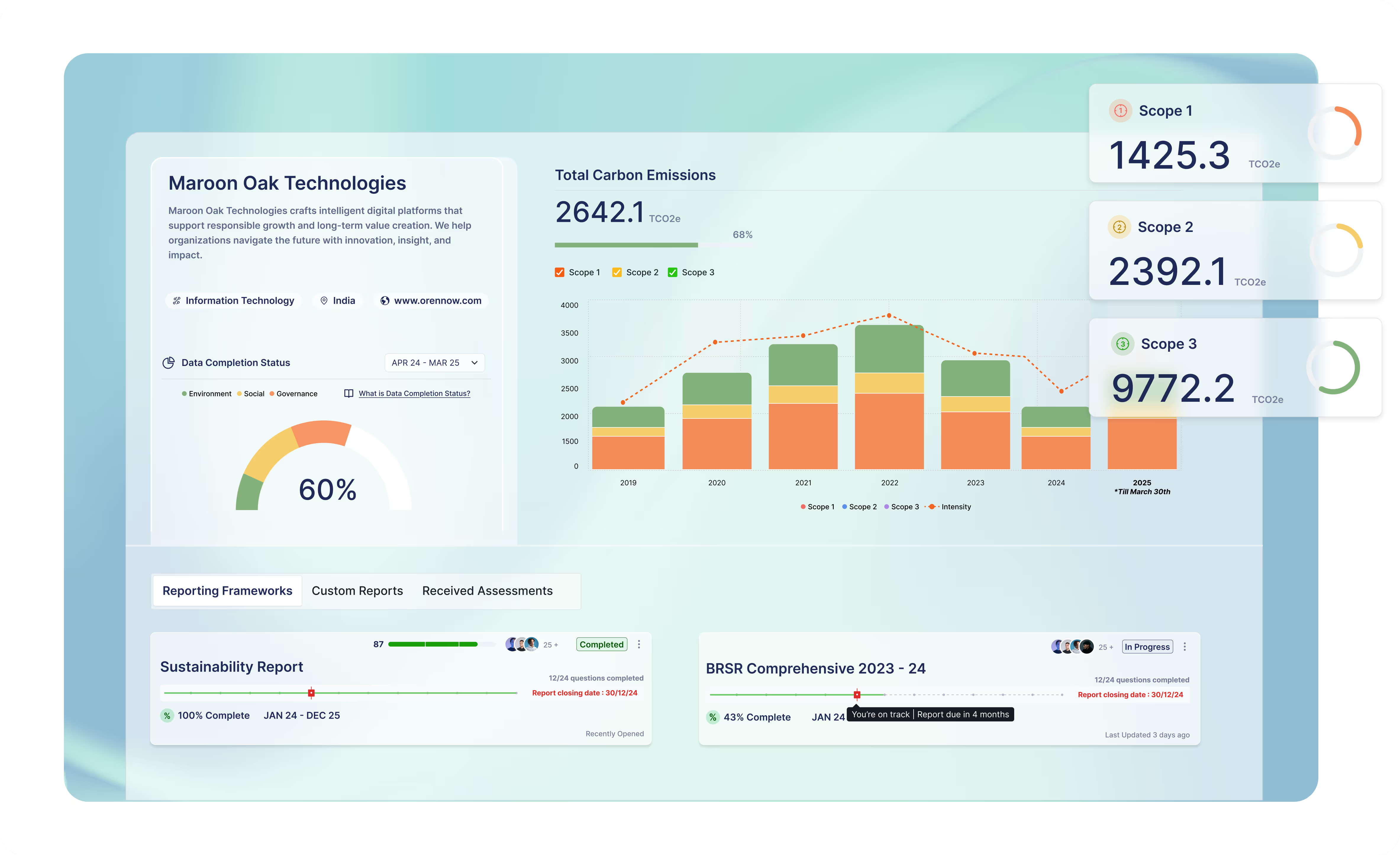ESG and Branding: How Sustainability is Transforming Consumer Behavior and Corporate Reputation

The Rise of ESG in Consumer Preferences
In recent years, there has been a notable surge in consumer interest regarding Environmental, Social, and Governance (ESG) performance. Modern consumers, investors, and other stakeholders increasingly demand transparency and accountability from brands about their environmental and societal impacts. A Nielsen survey reveals that 81% of consumers believe companies should actively contribute to improving the environment.
This shifting consumer demographic presents a unique opportunity for companies to capitalise on sustainability practices, especially in areas where traditional competitors are lagging. Those who adapt quickly can position themselves as leaders in sustainable branding and capture significant market share.
The Impact of Sustainable Practices on Brand Image
Embracing sustainability has profound implications for a brand's image and reputation. Companies that integrate ESG principles into their operations and branding strategies often see enhanced public perception and increased customer loyalty. For instance, sustainable business practices not only align with growing consumer expectations but also contribute to long-term cost savings by reducing waste and improving efficiency.
Notable Examples of Sustainability in Branding
1. Patagonia: A Leader in Ethical Practices

Patagonia stands out as a prime example of integrating sustainability into branding. This outdoor clothing brand has long championed environmental responsibility through the use of recycled materials and by donating the majority of its profits to environmental causes. Patagonia's vocal stance on issues such as climate change and public land protection has fostered a dedicated customer base that values environmental stewardship.
2. Unilever: Sustainability at the Core of Business Strategy

Unilever exemplifies how multinational companies can embed sustainability into their core business strategies. With ambitious targets to reduce their environmental impact, Unilever has made significant strides in sustainability. Their initiatives include launching eco-friendly products, such as concentrated laundry detergents that minimise packaging waste. This commitment to sustainability has bolstered Unilever's reputation and attracted consumers who prioritise responsible business practices.
3. Tesla: Disrupting the Automotive Industry with Sustainability

Tesla is renowned for its commitment to sustainability and reducing carbon emissions. By offering stylish, high-performance electric vehicles, Tesla has revolutionised the automotive industry. The brand's emphasis on sustainability not only differentiates it from traditional car manufacturers but also resonates with environmentally conscious consumers, reinforcing customer loyalty.
The Benefits of ESG Integration in Branding
Incorporating ESG principles into branding strategies can be a powerful way to build customer loyalty and enhance corporate reputation. Consumers are increasingly inclined to support companies that share their values and contribute positively to society and the environment. Moreover, adopting sustainable practices can lead to operational efficiencies and cost savings over time.
Challenges of ESG Integration and Solutions
While the benefits of integrating ESG into branding are clear, companies may encounter challenges such as increased costs and potential conflicts with existing values or operational practices. Addressing these challenges requires strategic planning and robust solutions.
Oren's Expertise in ESG Solutions
Navigating the complexities of ESG integration can be challenging. Fortunately, Oren's expertise in ESG can guide you through every step of your sustainability journey. From assessing your current ESG status to setting and tracking sustainability goals, Oren's software solutions are designed to support the development of a successful ESG strategy.
Whether you are just starting or looking to enhance your existing ESG efforts, Oren offers tailored solutions to meet your needs. Contact us today to connect with our experts and learn how we can assist you in achieving your sustainability objectives.
Conclusion
The integration of ESG principles into branding strategies is more than just a trend; it's a fundamental shift in consumer expectations and corporate responsibility. Brands that effectively incorporate sustainability into their operations and communication can build stronger reputations, foster customer loyalty, and drive long-term success. Embracing ESG practices not only benefits your company but also contributes to broader environmental and societal goals.
By addressing the challenges and leveraging the right expertise, companies can successfully navigate the evolving landscape of sustainability and make a meaningful impact.
Latest Blog Posts
Dive into our blog for insights on making your organization more sustainable.
Sustainability Simplified
Wherever you are in your sustainability journey, we help you advance with confidence.
Schedule a Call



.avif)

